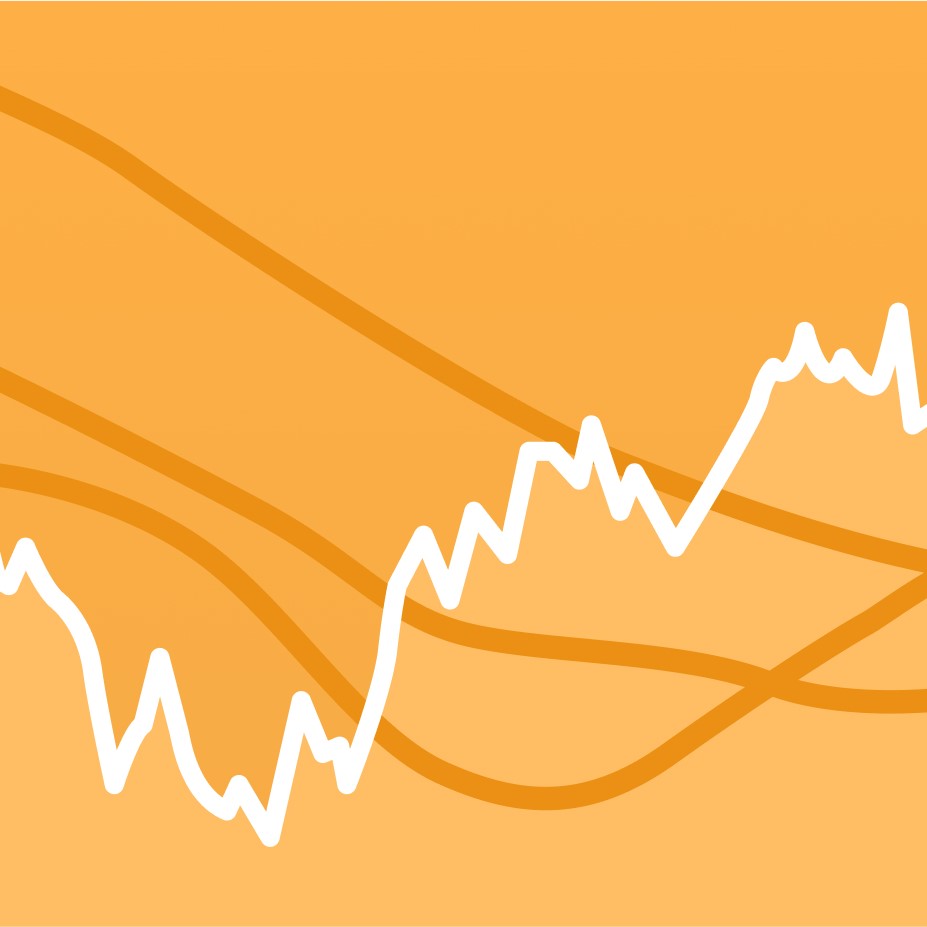New York Court Gives Blessing on Venezuela Bond Standstill
- Creditors moved for court’s endorsement of the deal in Oct.
- Agreement suspends statute of limitations on bonds until 2028
The National Assembly in Caracas, Venezuela.
Photographer: Carlos Becerra/BloombergA New York court backed a legal move by holders of Venezuela’s defaulted bonds on Wednesday to protect a debt standstill agreement.
New York Supreme Court Judge Andrea Masley said on Wednesday that she agreed on the terms of a deal between Venezuela’s opposition-controlled National Assembly, recognized by the US as the country’s sole legitimate institution, and holders of the country’s defaulted bonds. The deal cements a so-called tolling arrangement suspending the statute of limitations on the debt until 2028 to avoid a flood of litigation.
The decision follows a legal maneuver by a group of investors with more than $10 billion of sovereign and state oil company bonds aimed at ensuring that the extension to debt deadlines can’t be later challenged by a new Venezuelan government. Although the action was entered by a group of over 30 fund managers and trustees of PDVSA bonds, all bondholders are benefited from the results.
Read More: Venezuela, Creditors Seek Court Blessing of Bond Standstill
“The judge’s order provides an important additional layer of protection,” said Richard Cooper, an attorney at Cleary Gottlieb Steen & Hamilton who represents creditors in this action. “It also shows that bondholders can act cooperatively with Venezuelan authorities.”
While the Nicolás Maduro administration offered to toll the statute back in March, the decision wasn’t enforceable because his government is not formally recognized by the US. Nearly five months later, the opposition-led National Assembly offered the same terms: a unilateral agreement that urges bondholders not to sue the country. The decision was quickly backed by some creditors.
Although Venezuela notes still trade at deeply distressed levels, prices jumped after the Biden administration decided to lift sanctions last month on secondary trading on the country’s debt. Sovereign notes due in 2027 are now at around 18 cents from 10 cents under the trading ban, according to traders. PDVSA bonds maturing in 2026 jumped almost five cents to 11.5 cents in the same period, according to Trace data.
— With assistance from Claire Boston


Keine Kommentare:
Kommentar veröffentlichen